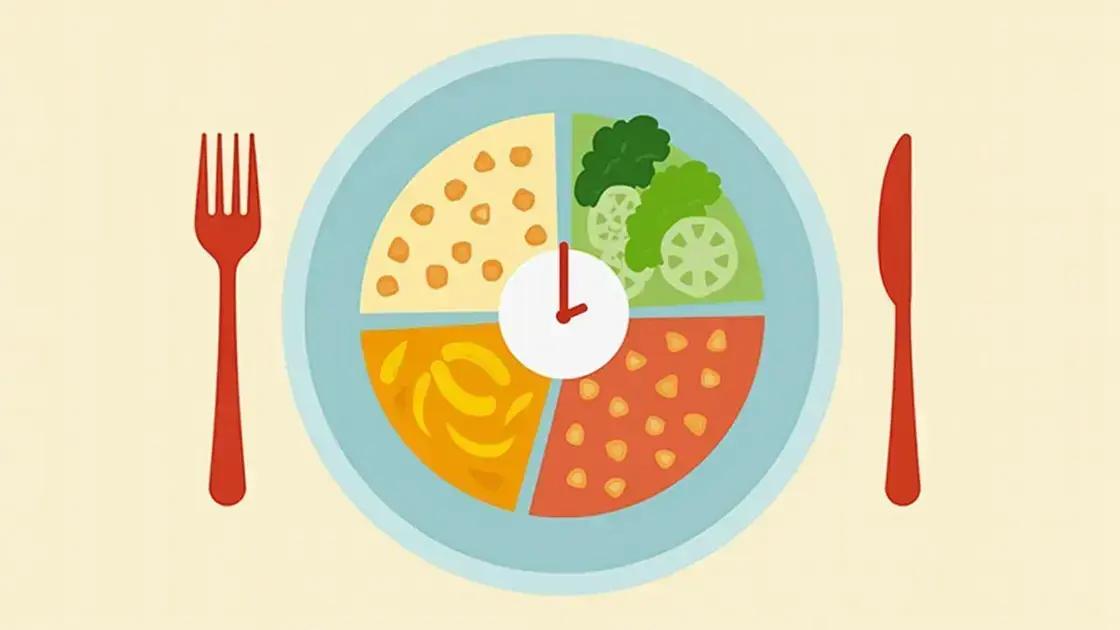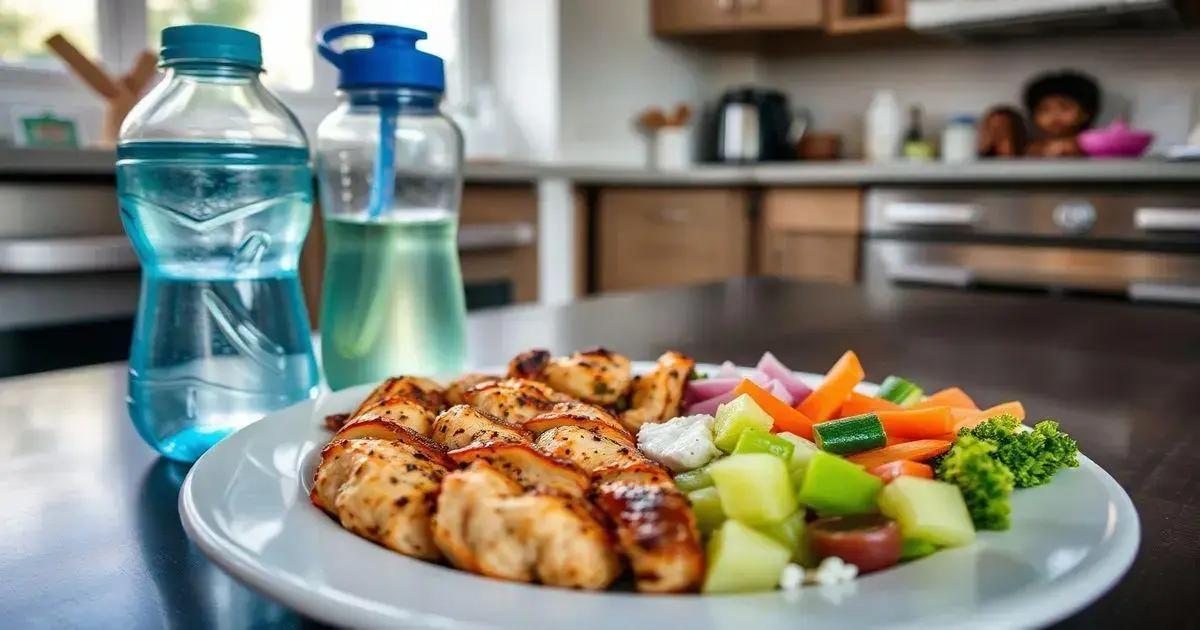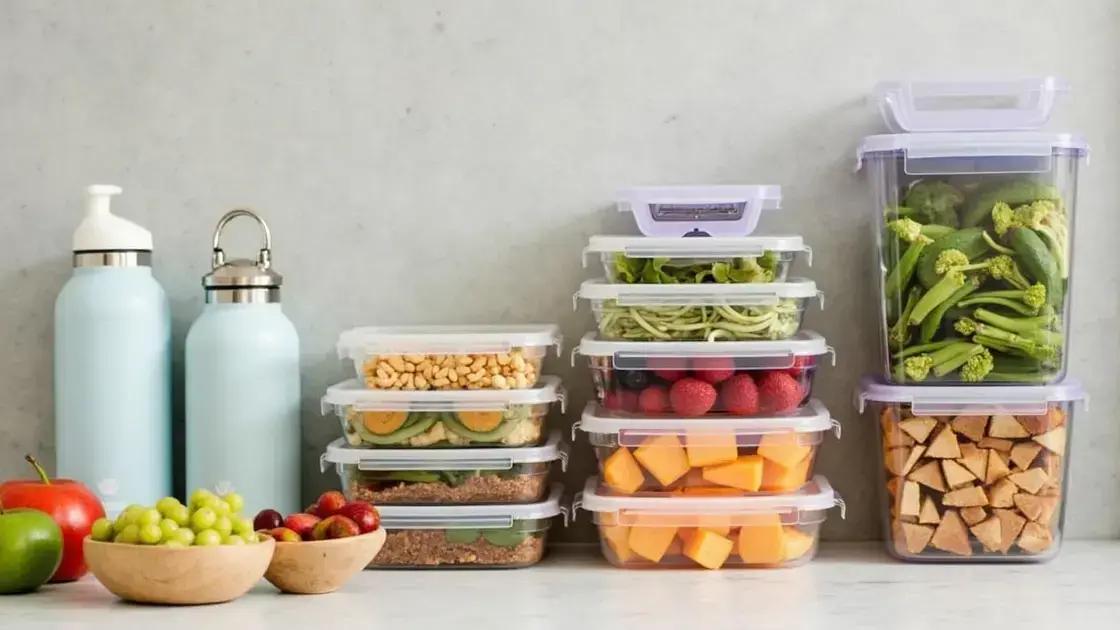Meal timing is crucial for optimizing energy levels and recovery. By strategically scheduling your meals—especially around workouts—you can enhance performance and ensure efficient recovery. Focus on balanced meals rich in carbohydrates and protein, maintain regular eating patterns, and stay hydrated to support your fitness goals.
Meal timing plays a critical role in maximizing energy levels and recovery in athletes and fitness enthusiasts alike. Properly scheduling your meals can significantly enhance your performance, ensuring that your body has the necessary nutrients when it needs them the most. This article delves into the importance of meal timing for energy and recovery, guiding you through the nuances of how the timing of your meals can influence your overall health and performance.
Understanding Meal Timing

Meal timing refers to scheduling your food intake around your activities, workouts, and recovery. It’s more than just what you eat; when you eat plays a vital role in your energy levels and recovery after exercise.
Why Meal Timing Matters
Eating at the right times helps your body provide energy for workouts and promotes faster recovery afterward. When you consume meals can enhance nutrient absorption and performance. Research suggests that well-timed meals can optimize muscle repair and growth.
Key Factors to Consider
1. Individual Needs: Everyone’s body responds differently to food timing. You may need to experiment to find what works best for you. 2. Type of Activity: Endurance activities may require different timing compared to strength training.
Pre-Workout Meals
It’s essential to fuel your body before exercise. A meal rich in carbohydrates 1-3 hours before working out provides your muscles with the energy they need. Incorporating a mix of protein can also help minimize muscle damage.
Post-Workout Meals
After exercising, your body craves nutrients. Aim to eat a meal with carbs and protein within 30-60 minutes post-workout. This timing helps restore energy levels and promotes muscle recovery.
Final Thoughts
The science of meal timing is evolving, emphasizing its critical role in achieving fitness goals. By paying attention to when you eat, you can maximize your energy, optimize performance, and enhance recovery.
How Meal Timing Affects Energy Levels

Meal timing can greatly influence your energy levels throughout the day. Choosing when to eat isn’t just about planning meals; it’s about ensuring that your body has fuel when it needs it most.
Understanding Energy Sources
Your body relies on food for energy. Carbohydrates are the primary source, providing quick energy for your muscles and brain. When you time your meals and snacks correctly, you can maintain consistent energy levels, avoiding spikes and crashes.
The Role of Metabolism
Meal timing affects your metabolism. Eating at regular intervals keeps your metabolism active, promoting efficient energy use. If you skip meals or eat too sporadically, your metabolism may slow down, leading to fatigue.
Effects of Skipping Meals
When you skip meals, you may experience low energy levels and irritability. Consistent eating patterns prevent these dips in energy. Eating regularly can keep your blood sugar levels stable, providing a steady source of energy.
Importance of Balanced Meals
For optimal energy, meals should be balanced. Include proteins, fats, and carbohydrates. This combination not only fuels your body but also keeps you feeling satisfied and energized longer.
Timing Before and After Workouts
Pre-workout meals should focus on carbohydrates for energy. Eating 30-60 minutes before exercising can enhance performance. Post-workout meals rich in protein support recovery, replenishing energy stores.
Meal Timing for Optimal Recovery

Meal timing plays a crucial role in optimal recovery following workouts and physical activity. Consuming the right nutrients at the right time can enhance your body’s repair processes, leading to better performance in future workouts.
Timing After Exercise
To promote recovery, aim to eat a meal within 30 to 60 minutes post-exercise. This period is known as the anabolic window, where your body is especially receptive to nutrients. Eating soon after exercising helps replenish glycogen stores and aids muscle repair.
Essential Nutrients for Recovery
Your post-workout meal should include both carbohydrates and protein. Carbohydrates restore energy levels while protein aids in muscle recovery. A good ratio is typically 3:1 carbs to protein, which optimizes recovery.
Hydration Matters
Remember to hydrate! Fluids are essential for recovery, especially after intense exercise. Drink water or electrolyte drinks to help restore lost fluids and minerals.
Plan Your Meals
To support recovery, plan your meals around your workouts. Whether you train in the morning or evening, have a balanced meal ready to fuel your recovery. Preparing meals in advance ensures you nourish your body effectively after every session.
Listen to Your Body
Everyone’s recovery needs can differ. Pay attention to how your body responds to your meal timing and adjust accordingly. Experimenting will help you find the perfect routine that enhances your recovery process.
Practical Tips for Effective Meal Timing

Effective meal timing can significantly enhance your energy and recovery. Here are some practical tips to integrate meal timing into your routine.
1. Create a Meal Schedule
Establish a regular meal and snack schedule. This helps keep your energy levels steady and prevents overeating. Aim for three main meals and 1-2 snacks per day.
2. Pre-Plan Your Meals
Planning your meals in advance can save time and ensure you have balanced options. Consider preparing meals for the week over the weekend. This way, you’ll always have nutritious food ready.
3. Focus on Quality Foods
Make sure your meals consist of wholesome ingredients. Incorporate lean proteins, whole grains, fruits, and vegetables. The quality of your food can greatly impact your energy.
4. Listen to Your Body
Your body will tell you when it’s hungry. Pay attention to hunger cues and respond accordingly. Eating mindfully helps you understand when and what to eat.
5. Adjust Timing Around Workouts
Plan meals around your workout schedule. If you exercise early in the morning, have a light snack or breakfast before. For evening workouts, ensure a balanced meal post-exercise for recovery.
6. Stay Hydrated
Don’t forget about hydration! Drink water throughout the day, especially before and after workouts. Being well-hydrated supports performance and aids recovery.
Wrapping Up: The Vital Role of Meal Timing
Understanding the importance of meal timing can greatly enhance both energy levels and recovery. By strategically scheduling when you eat, you can optimize your performance during workouts and promote faster recovery afterward.
Implementing practical meal timing strategies—such as creating a meal schedule, pre-planning your meals, and focusing on quality foods—can make a significant difference. Adjusting your meals around your exercise routines and ensuring proper hydration are equally crucial.
By making these adjustments, you will not only feel more energized but also see improved results in your fitness journey. Effective meal timing is an essential component of any successful health and wellness plan.
FAQ – Frequently Asked Questions on Meal Timing
Why is meal timing important for energy levels?
Meal timing helps regulate your energy levels throughout the day by ensuring that your body receives nutrition when it needs it most, especially before and after workouts.
What should I eat before a workout?
Before a workout, focus on a meal rich in carbohydrates and moderate in protein. Eating 30-60 minutes prior provides the energy needed for exercise.
How soon should I eat after exercising?
Aim to eat a meal within 30 to 60 minutes after exercising to take advantage of the anabolic window for recovery. Include both carbohydrates and protein in your post-workout meal.
Can skipping meals affect my performance?
Yes, skipping meals can lead to low energy levels and decreased performance. Regular meal timing helps maintain steady energy and improves overall recovery.
What are some practical tips for meal timing?
Create a meal schedule, plan meals in advance, focus on quality foods, listen to your body, adjust timings around workouts, and stay hydrated.
How does hydration impact meal timing?
Staying hydrated is essential for recovery and performance. Drink water throughout the day and especially before and after workouts to support your body’s needs.













